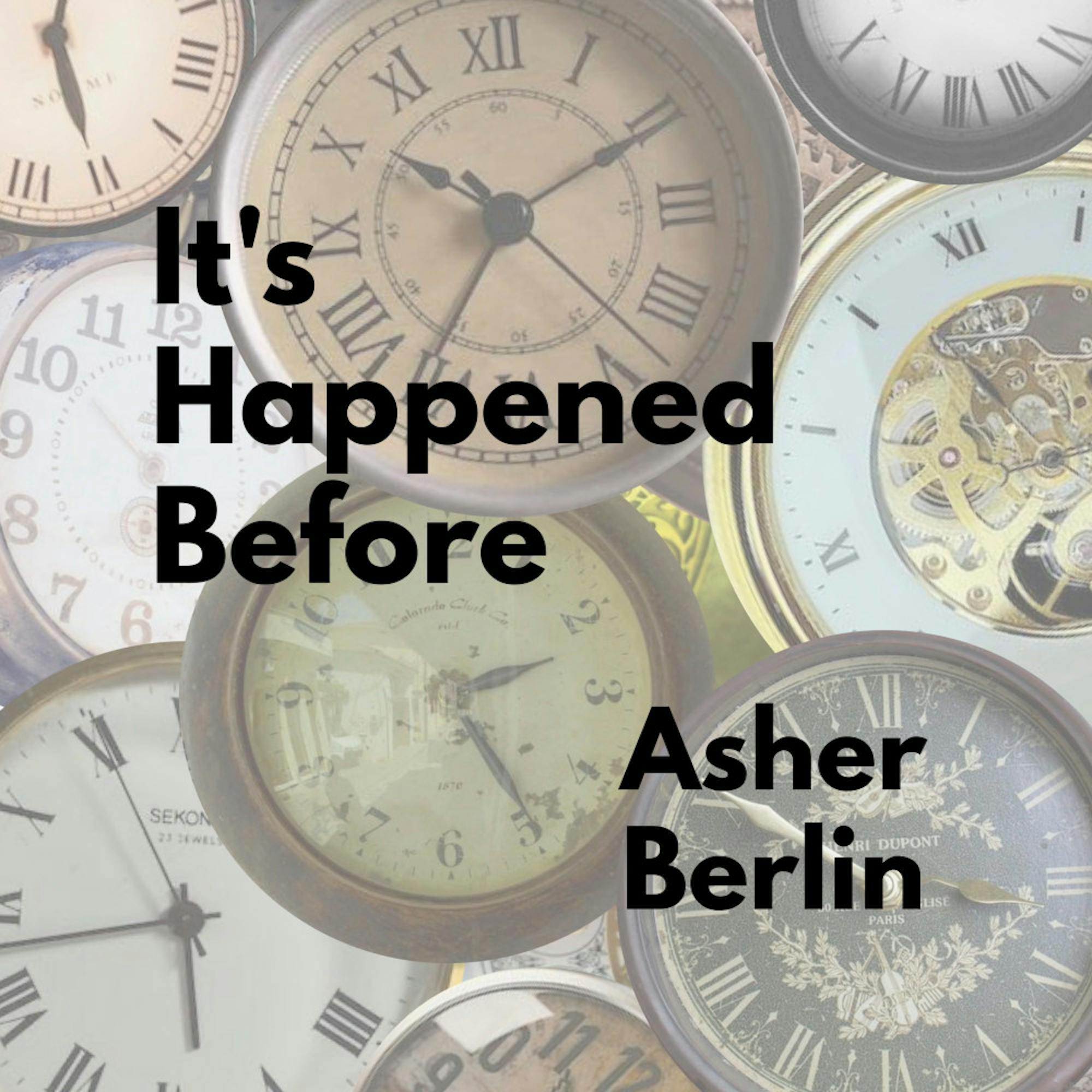Public speech has traditionally been, well, public. Before the advent of the internet and social media, if one wished to make their voice heard they merely had to find a printing press or, failing that, climb up onto a soapbox and speak. The great movements of history have often been sparked by public speech. Martin Luther, for instance, kicked off the Protestant Reformation by nailing (or maybe pasting) a pamphlet to a door; likewise, Thomas Paine made a significant contribution to the American Revolution with his pamphlet. Contemporary political campaigns also produce public speech in the form of speeches and posters. The beauty of all of this is that, at least in this country, it is free. Speech does not have to be popular to be heard. We can criticize our leaders and their policies; we can even criticize each other. We might find the speech of others horrendous or untrue. Yet their speech has an opportunity to provoke, challenge and perhaps even sway other minds.
Social media, in this regard, was initially a boon. With it, people can, and often do, impact millions of people in a way that was previously reserved for celebrities or politicians. If the president of the United States puts a post on social media, anyone can comment on it with praise or criticism seen by thousands. Such a direct connection was inconceivable in the days before social media. True, older forms of speech still exist. But social media is rapidly establishing itself as a far more potent means of communication: Donald Trump's rise to power in 2016 was due in part to his novel use of Twitter. The benefits of social media, nevertheless, come with strings attached. To start, users are disproportionately concentrated on just a handful of (private) platforms, meaning that millions, if not billions of users are regulated by a few people, or in the case of Twitter, Elon Musk alone. In confronting the inevitable issues posed by a proliferation of speech, it is the company’s values that determine the solution. In 2016, Facebook allowed Russian-sponsored misinformation to spread on their platform. In 2021, Donald Trump was booted off of Twitter after the Jan. 6 debacle. In the past month, “impersonators” have been banned from Musk’s Twitter.
These decisions may have been perfectly reasonable. The problem, however, is that the companies made them and that their decisions on what is or is not valuable speech had tremendous ramifications for our society. It is their platform, their rules, and ultimately, their speech as well. We as a society must make a decision: Where should the rules of speech be determined? In a boardroom, or a democracy?




